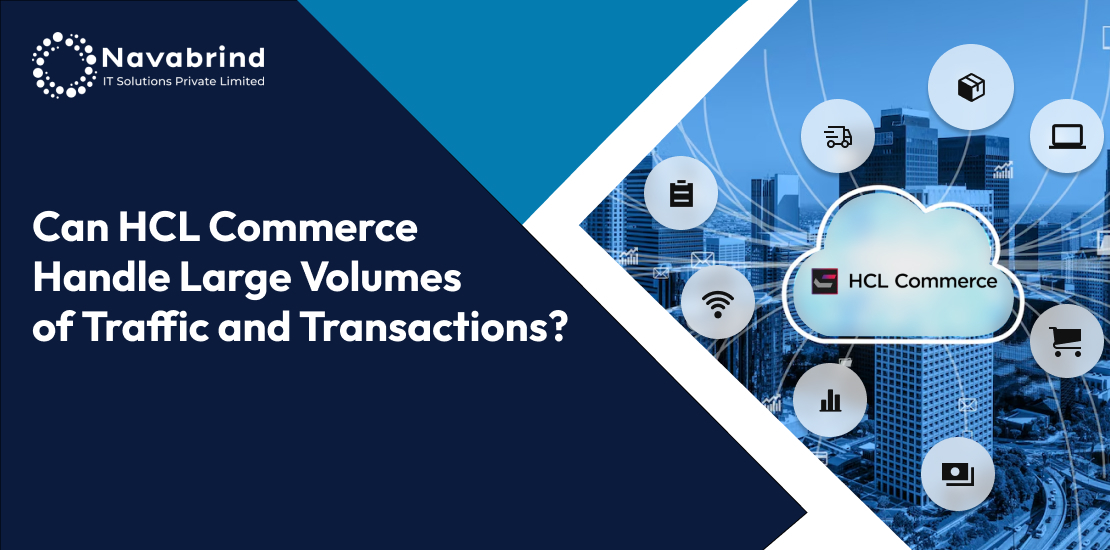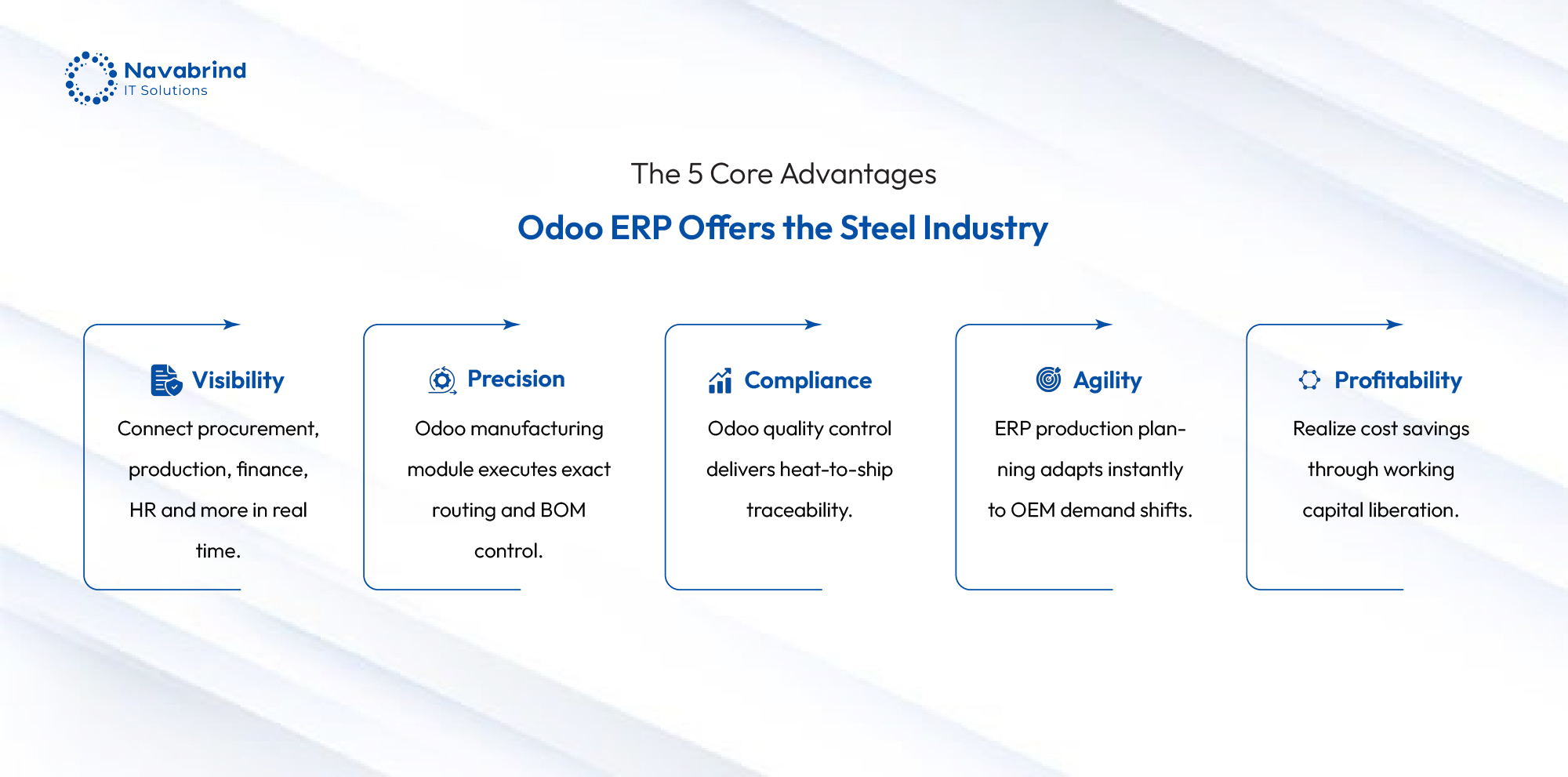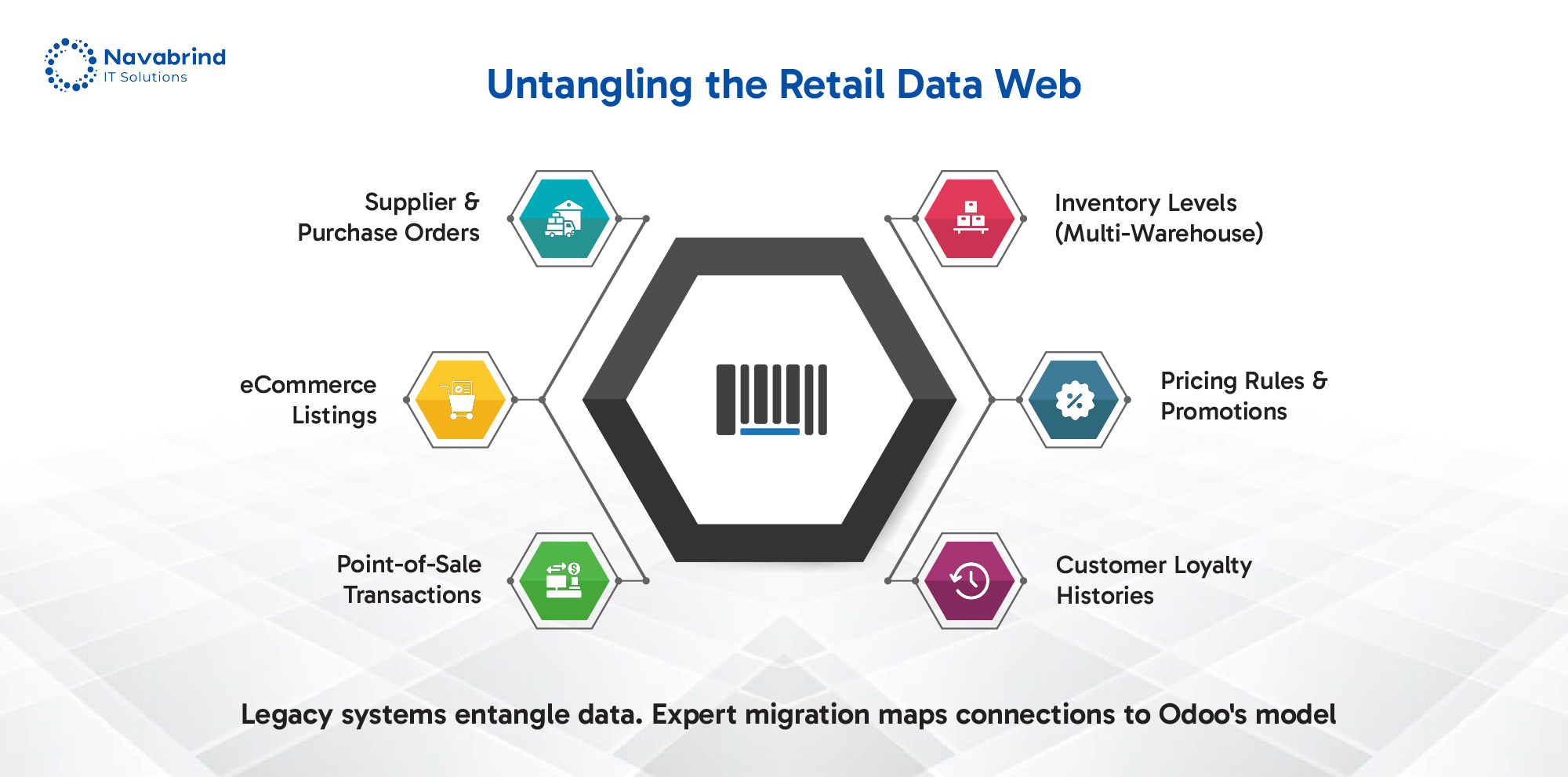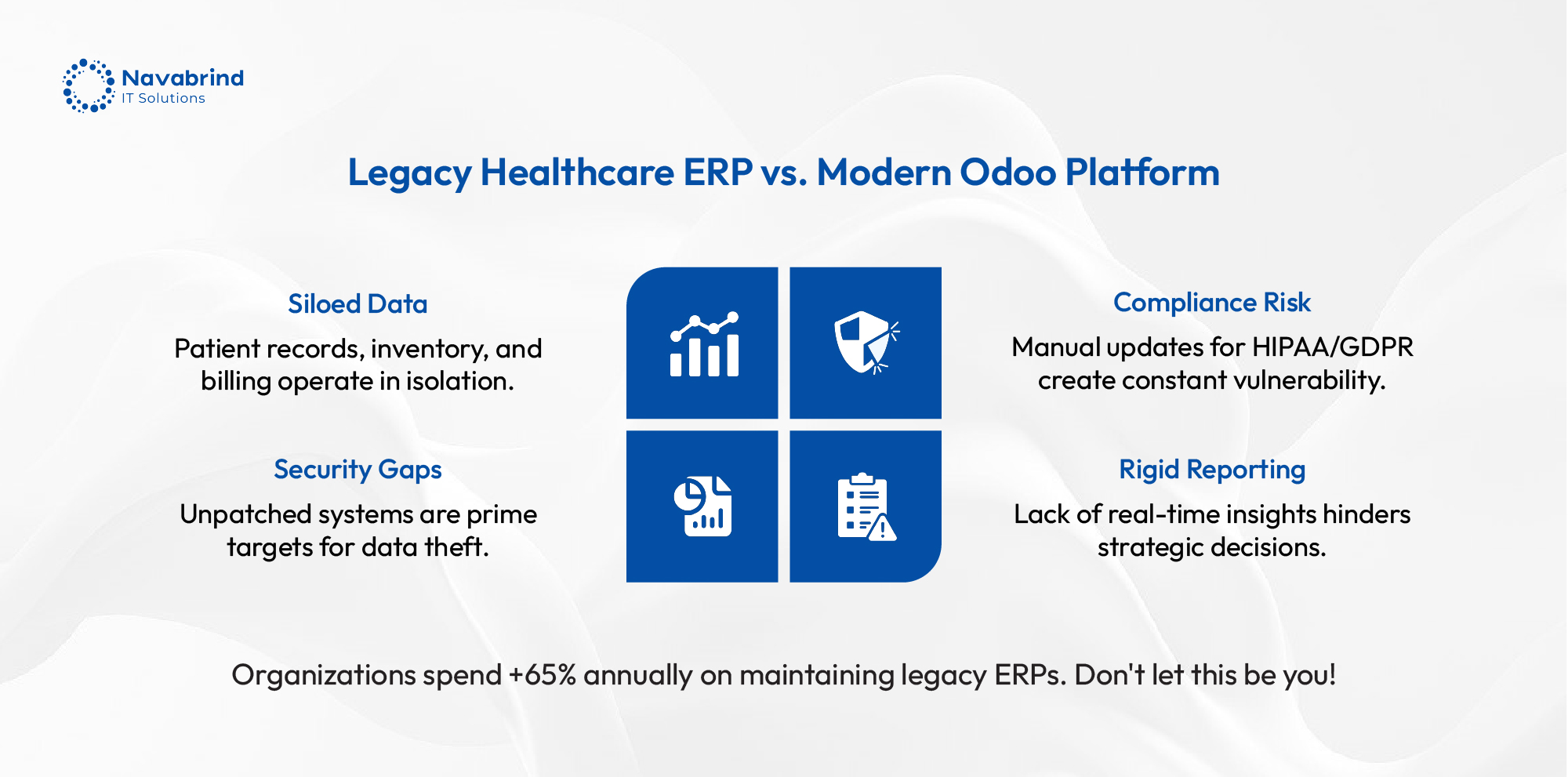Can HCL Commerce Handle Large Volumes of Traffic and Transactions?
- July 12, 2024
- Posted by: Tony
- Categories: Blog, HCL Commerce

HCL Commerce stands out for its ability to seamlessly handle large volumes of traffic and transactions. Its cloud-native architecture, microservices-based approach, and Kubernetes orchestration ensure robust scalability and resilience. Enhanced by performance optimization techniques such as caching, load- balancing, and database optimization, HCL Commerce consistently delivers fast and reliable service even under heavy loads. Proven in real-world applications by global retailers, leading manufacturers, and online marketplaces, HCL Commerce is the go-to platform for businesses aiming to scale their e-commerce operations and provide exceptional customer experiences.
The success of an e-commerce platform is closely tied to its ability to handle large volumes of traffic and transactions seamlessly. As businesses grow and expand their online presence, the demands placed on their e-commerce platforms increase exponentially. HCL Commerce, a leading enterprise e-commerce solution, is often chosen by businesses for its robust capabilities. But can it truly handle large volumes of traffic and transactions? This blog post delves into the features, architecture, and real-world performance of HCL Commerce to answer this question.
Understanding HCL Commerce
HCL Commerce, is an enterprise-level e-commerce platform designed to provide businesses with a flexible, scalable, and reliable solution for managing their online storefronts. It offers a comprehensive set of features, including:
- Catalog Management: Advanced tools for managing product information, pricing, and promotions.
- Order Management: Capabilities for handling complex order processes, including multi-channel and multi-location fulfillment.
- Personalization: AI-driven personalization to enhance customer experiences and increase conversion rates.
- Integration: Seamless integration with various third-party systems, including ERP, CRM, and payment gateways.
HCL Commerce is built to support B2B, B2C, and B2B2C business models, making it a versatile choice for organizations of different sizes and industries.
Scalability and Performance
One of the primary concerns for any e-commerce platform is its ability to scale effectively and maintain performance under heavy loads. HCL Commerce addresses these concerns through several key features:
Cloud-Native Architecture
HCL Commerce is designed with a cloud-native architecture, enabling businesses to leverage the power of cloud computing for scalability and resilience. This architecture allows the platform to dynamically scale resources up or down based on traffic and transaction volumes. Whether hosted on public, private, or hybrid clouds, HCL Commerce can take advantage of the underlying infrastructure to ensure optimal performance.
Microservices-Based Approach
The platform employs a microservices-based approach, breaking down the monolithic application into smaller, independent services. Each service can be developed, deployed, and scaled individually, providing greater flexibility and efficiency. This approach also enhances fault isolation, ensuring that issues in one service do not impact the entire system.
Kubernetes Orchestration
HCL Commerce uses Kubernetes for container orchestration, automating the deployment, scaling, and management of containerized applications. Kubernetes provides self-healing capabilities, automated rollouts and rollbacks, and efficient resource utilization, all of which contribute to the platform’s ability to handle large volumes of traffic and transactions.
High Availability and Disaster Recovery
Ensuring high availability and disaster recovery is crucial for e-commerce platforms. HCL Commerce offers built-in support for these requirements through features like automated failover, data replication, and multi-region deployments. These capabilities ensure that the platform remains operational even in the face of hardware failures, network issues, or other disruptions.
Performance Optimization
In addition to its scalable architecture, HCL Commerce includes several performance optimization features that enable it to handle high traffic and transaction volumes efficiently:
Caching Mechanisms
HCL Commerce implements various caching mechanisms, such as in-memory caching and content delivery networks (CDNs), to reduce load times and improve response times. Caching frequently accessed data, such as product information and user sessions, minimizes the need for repeated database queries and enhances overall performance.
Load-Balancing
The platform utilizes load-balancing techniques to distribute incoming traffic across multiple servers, preventing any single server from becoming a bottleneck. Load-balancing ensures that resources are used efficiently and that the system can handle increased traffic without compromising performance.
Database Optimization
Efficient database management is critical for handling large transaction volumes. HCL Commerce supports advanced database optimization techniques, including indexing, query optimization, and partitioning. These techniques improve database performance, reduce latency, and ensure that the platform can process a high volume of transactions simultaneously.
Asynchronous Processing
To further enhance performance, HCL Commerce employs asynchronous processing for tasks that do not require immediate user feedback. By offloading these tasks to background processes, the platform can handle more concurrent transactions and deliver a smoother user experience.
Real-World Performance
The true test of any e-commerce platform’s scalability and performance lies in its real-world usage. HCL Commerce has a proven track record of handling large volumes of traffic and transactions for some of the world’s leading brands. Here are a few examples:
Global Retailer
A global retailer with a significant online presence turned to HCL Commerce to manage its e-commerce operations. During peak shopping seasons, such as Black Friday and Cyber Monday, the retailer experiences a massive surge in traffic and transactions. HCL Commerce’s scalable architecture and performance optimization features enabled the retailer to handle millions of transactions per day without any downtime or performance degradation.
Leading Manufacturer
A leading manufacturer in the automotive industry implemented HCL Commerce to support its B2B e-commerce platform. The manufacturer needed a solution that could handle complex order processes and integrate with its existing ERP and CRM systems. HCL Commerce’s microservices-based approach and integration capabilities allowed the manufacturer to process thousands of orders daily, ensuring seamless operations and satisfied customers.
Online Marketplace
An online marketplace serving millions of customers worldwide chose HCL Commerce to power its platform. The marketplace needed to support a high volume of simultaneous users and transactions, particularly during promotional events. HCL Commerce’s cloud-native architecture and Kubernetes orchestration provided the scalability and resilience required to handle these demands, resulting in a reliable and high-performing platform.
Conclusion
In conclusion, HCL Commerce is well-equipped to handle large volumes of traffic and transactions, thanks to its scalable architecture, performance optimization features, and proven track record. Its cloud-native design, microservices-based approach, and use of Kubernetes for orchestration provide the foundation for a flexible and resilient platform. Performance optimization techniques, such as caching, load-balancing, and database optimization, ensure that the platform can deliver fast and reliable performance even under heavy loads.
Real-world examples demonstrate that HCL Commerce can successfully manage the demands of high-traffic, high-transaction environments, making it a robust choice for businesses looking to scale their e-commerce operations. Whether you’re a global retailer, a leading manufacturer, or an online marketplace, HCL Commerce offers the capabilities needed to support your growth and deliver exceptional customer experiences.
Do you need a technology partner to manage your HCL Commerce solution? Reach out to Navabrind IT Solutions, we have customers across North America, Europe, Middle East, and Asia. With over a decade of expertise implementing e-commerce applications, we are process driven, and deeply committed to our clients success. Besides managing your HCL Commerce solutions, Navabrind IT Solutions can help in customization, integration, upgradation as and when necessary. Our team of experts are also equipped to train your team. To start a conversation, drop us a note at [email protected].
Schedule a conversation with us now!
Related Articles
-
Post
How Odoo ERP Drives Efficiency in the Steel Industry
How Odoo ERP Drives Efficiency in the Steel Industry February 18, 2026 Posted by: Tony Categories: Blog, Odoo No Comments The High-Stakes Race of Auto Parts Manufacturing Your OEM demands a production schedule shift, but procurement can’t confirm steel availability. The sales team lacks real-time inventory data for a quote and your shop floor operates -
Post
Odoo Database Migration Guide: From Homegrown Retail ERP to Odoo ERP Without Downtime
Odoo Database Migration Guide: From Homegrown Retail ERP to Odoo ERP Without Downtime February 18, 2026 Posted by: Tony Category: Uncategorized No Comments The Need for Smooth Odoo Database Migration If your outdated software, disparate applications, and an unsupported ERP begin to hinder work, you are no longer dealing with a minor technical issue, but -
Post
From Legacy Healthcare ERP to Odoo ERP: Why You Need Expert Odoo Migration Help
From Legacy Healthcare ERP to Odoo ERP: Why You Need Expert Odoo Migration Help February 11, 2026 Posted by: Tony Category: Uncategorized No Comments Why Healthcare Organizations Need Odoo ERP Migration Legacy healthcare ERP systems create barriers to efficiency. They are expensive to maintain, and struggle to integrate tools. This disconnect impacts patient care coordination,
How can we help you?
Get in touch with a solutions consultant that can share best practices and help solve specific challenges.








